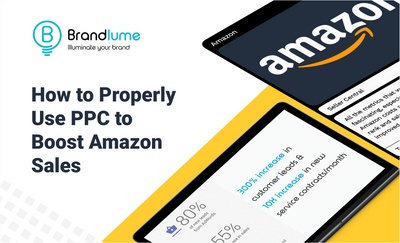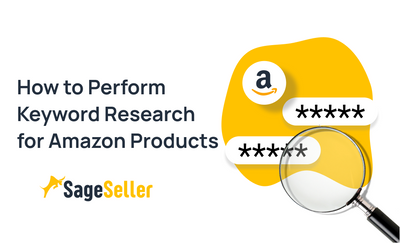Amazon is the largest online marketplace in the world, and it provides several services for sellers to make their products available to a global audience. Amazon FBA (Fulfilled by Amazon) is a popular program where sellers send their products to Amazon warehouses, and Amazon handles the storage, packing, and shipping of those products. Amazon FBM (Fulfilled by Merchant), on the other hand, is an alternative program where sellers are responsible for the storage, packing, and shipping of their products. In this article, we'll discuss the pros and cons of Amazon FBM compared to Amazon FBA to help you decide which program is right for your business.
Pros of Amazon FBM:
1. Lower Fees:
One of the main advantages of Amazon FBM is lower fees. Amazon charges a referral fee for every item sold on its platform, and the referral fee for FBM items is usually lower than the fee for FBA items. FBM sellers also don't have to pay storage fees, which can be significant for sellers with large inventories. This can result in higher profit margins for FBM sellers.
2. Greater Control:
FBM sellers have greater control over the shipping process. They can choose their preferred carriers and shipping methods, and they can also customize the packaging and branding of their products. This level of control can be particularly important for sellers who are focused on building their brand or who want to provide a unique unboxing experience for their customers.
3. Flexibility:
FBM allows sellers to have more flexibility in terms of product selection and pricing. FBA has strict guidelines on what can be stored in their warehouses, and sellers must comply with Amazon's pricing policies. FBM, on the other hand, allows sellers to sell a wider range of products and set their own prices. FBM sellers can also offer promotions and sales that may not be available to FBA sellers.
4. Direct Communication with Customers:
FBM sellers have direct communication with their customers, which can be an advantage in terms of building relationships and providing excellent customer service. FBA sellers, on the other hand, have limited contact with customers, as Amazon handles all customer service inquiries and returns. This direct communication can help FBM sellers to better understand their customers' needs and preferences.
Cons of Amazon FBM:
1. Shipping and Handling:
FBM sellers are responsible for shipping and handling their products, which can be time-consuming and require significant resources. They must also deal with any shipping-related issues, such as lost or damaged packages, and handle any returns or refunds. This can be a significant challenge for sellers with large inventories or multiple sales channels.
2. Limited Prime Eligibility:
Amazon Prime members have come to expect fast, free shipping, and many customers only purchase items that are eligible for Prime. FBM sellers can offer Prime shipping, but they must meet Amazon's strict requirements, which can be difficult for some sellers. In addition, FBM orders are not eligible for Amazon's two-day shipping guarantee, which can be a disadvantage for sellers in competitive markets.
3. Inventory Management:
FBM sellers must manage their own inventory, which can be a challenge for sellers with large inventories or multiple sales channels. They must ensure that they have enough inventory on hand to fulfill orders, but not so much that they are paying for unnecessary storage space. This requires careful planning and forecasting to ensure that they have the right amount of inventory at the right time.
4. Limited Exposure:
FBM sellers do not have access to the same level of exposure as FBA sellers. Amazon gives preference to FBA sellers in search results and may also promote FBA sellers through advertising and other marketing channels. This can make it harder for FBM sellers to compete, particularly in crowded markets. FBM sellers must rely on their own marketing and advertising efforts to drive traffic to their product listings.
Conclusion:
Amazon FBM and FBA both have their pros and cons, and the right choice depends on your business needs and goals. FBM can be a good option for sellers who want greater control, flexibility, and lower fees, and who are willing to invest the time and resources to manage their own inventory and shipping. FBA, on the other hand, may be a better option for sellers who prioritize fast shipping and access to Amazon's marketing and promotional tools. Ultimately, the best approach is to evaluate your business needs and goals and choose the program that aligns with your priorities.







